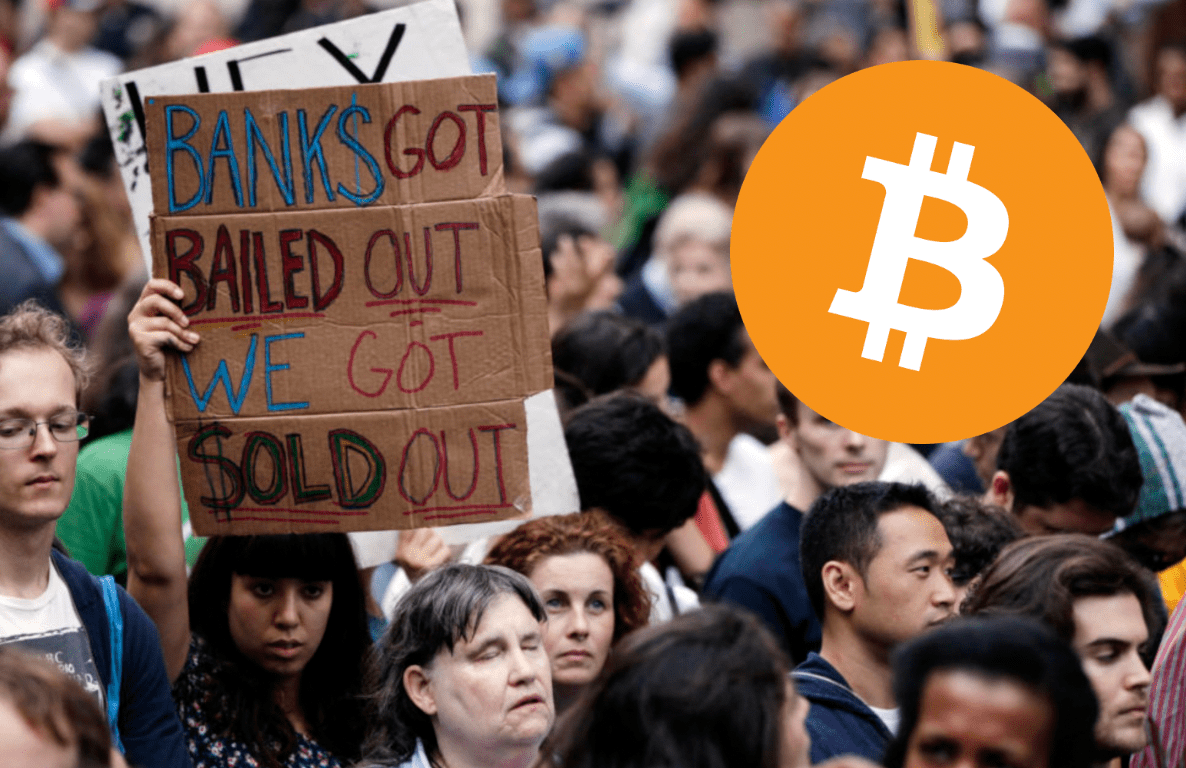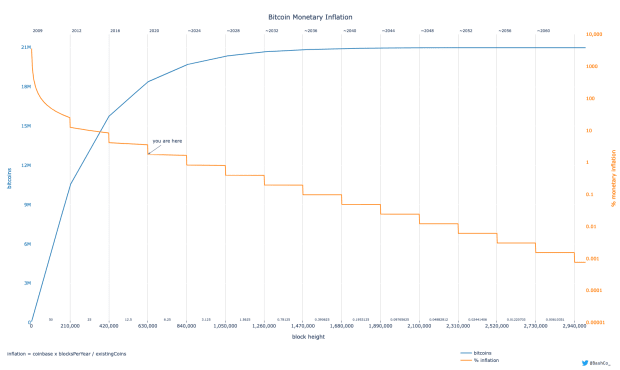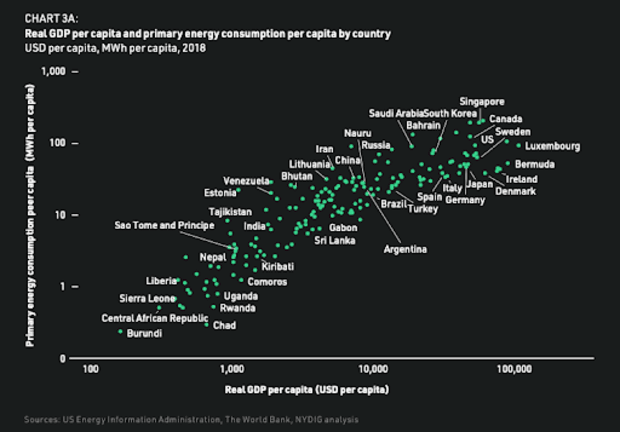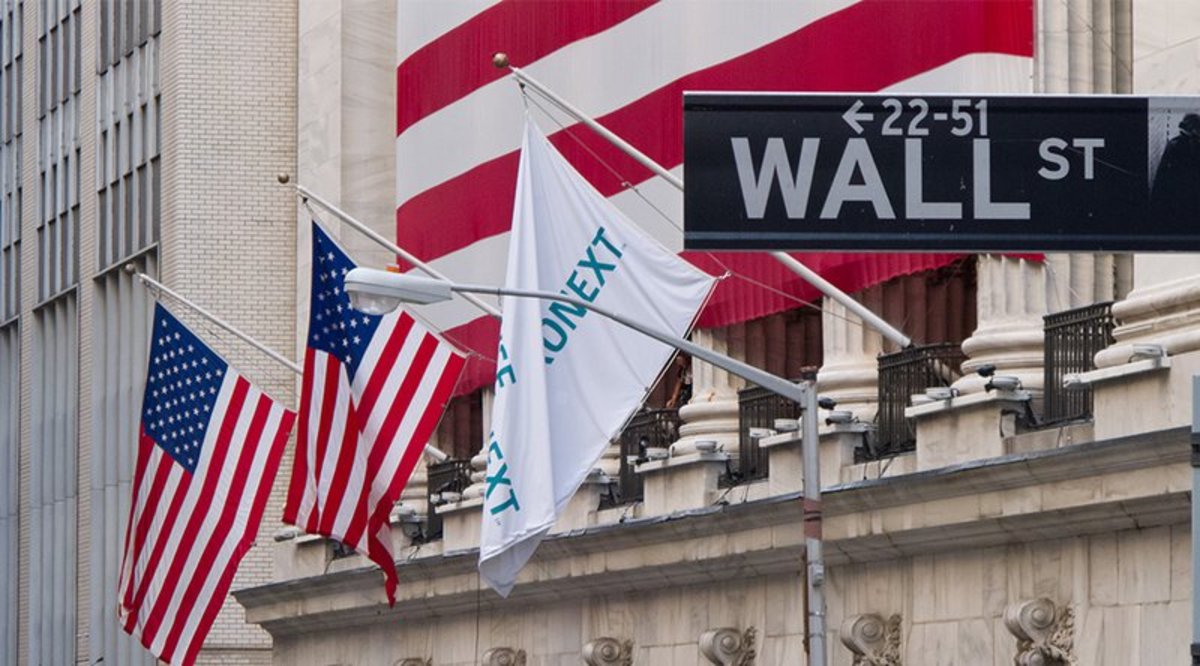Largest South Korean Parties Promise Bitcoin ETFs Before Election
The below is an excerpt from a recent edition of Bitcoin Magazine Pro, Bitcoin Magazine’s premium markets newsletter. To be among the first to receive these insights and other on-chain bitcoin market analysis straight to your inbox, subscribe now.

As South Korea approaches its next legislative election in 2024, both the current ruling party and the main opposition have pledged to make several pro-Bitcoin policies, most especially to approve a Bitcoin ETF.
On April 10, 2024, The Republic of Korea will carry out its legislative election, which takes place every four years. Regardless of outcome, the President will not change, as they serve five-year terms and are thus elected by entirely separate procedures, thanks to a quirk of South Korea’s constitution. In fact, leading into this election, the party which controls the majority of seats does not hold the nation’s highest office, and will not have the opportunity to contest this until 2027. Nevertheless, one fact makes these distinctions less critical from the Bitcoiner’s perspective: both parties have made the unusual step of making similar pledges to support Bitcoin.
Although there are theoretically 6 different parties contesting for 300 seats in this election, 4 of these each hold single-digit numbers. The two real contenders are the conservative People Power Party (PPP), which currently holds the presidency, and the more liberal Democratic Party (DPK) which currently holds 50 more seats. What’s more, polling currently supports a favorable outcome for the DPK, leading to an unenviable possibility where People Power may hold the leading office and virtually zero ability to pass legislation. It’s likely for these reasons that the party chose to embrace radical new incentives, and that’s where Bitcoin comes in.
Rumors of a pro-Bitcoin turn for PPP first materialized on February 19, 2024, when its representatives made comments to a local newspaper that a more comprehensive framework for crypto regulation needed to become a priority. Until this new framework exists, they alleged, it may be the most prudent option to eliminate all capital gains taxes on Bitcoin or other cryptocurrency until relevant legislation could be hammered out and signed. Legislation like this would be a difficult undertaking, however, and PPP spokespeople claimed that it may be necessary to continue such a tax pause for two years. This seems like a particularly clumsy attempt at fishing for votes, especially considering that these taxes are currently in a state of limbo, but it was not the only effort.
The PPP went on to state that same day that the party was considering a broad range of pro-Bitcoin options, particularly by loosening a series of restrictions on institutional investment. Not only did they pledge to create a “Digital Asset Promotion Committee” with special authority over digital asset regulation, the PPP also made several vague statements on several specific policy reforms, particularly the crown jewel: a Bitcoin Spot ETF. It was broadly speculated that these vague promises were a cynical move intended to attract flagging youth support, especially considering that data from the National Tax Agency claims that 80% of crypto users are in the 20-39 age bracket. These moves may have been undertaken with little true affinity for Bitcoin, but the next development overturned the entire situation.
The following day, the opposition stole PPP’s thunder when the DPK made several concrete pledges, most especially to allow individual investors access to Bitcoin ETFs. Their plan specifically declares that these purchases will have to go through an individual savings account, and therefore corporate interests will be unable to use it for serious multibillion dollar trades. The DPK also made several more vague allusions about removing other barriers to institutional legislation, but announced that a comprehensive proposal to “vitalize and institutionalize” the digital asset space will be released on Wednesday, February 21st. These political upsets led the PPP to respond in kind by upgrading their general pro-Bitcoin comments into definite campaign promises.
This presents us with a most unusual situation: regardless of the political establishment’s true feelings on Bitcoin or any other digital asset, the need to win youth support in a particularly contentious election has made either choice the pro-Bitcoin option. But how likely are these politicians to follow through, and what would it look like for South Korea? To answer these questions, it’s important to look at a few fundamentals in their overall economy. By all accounts, it’s doing pretty well: although South Korea has recently experienced inflation, with their monetary supply at the highest level since 1970 during Q4 of last year, this figure has calmed down significantly. Further, its Consumer Price Index (CPI) has also relaxed over the past few months, showing that the cost of goods such as housing, food or electricity have been declining in turn.
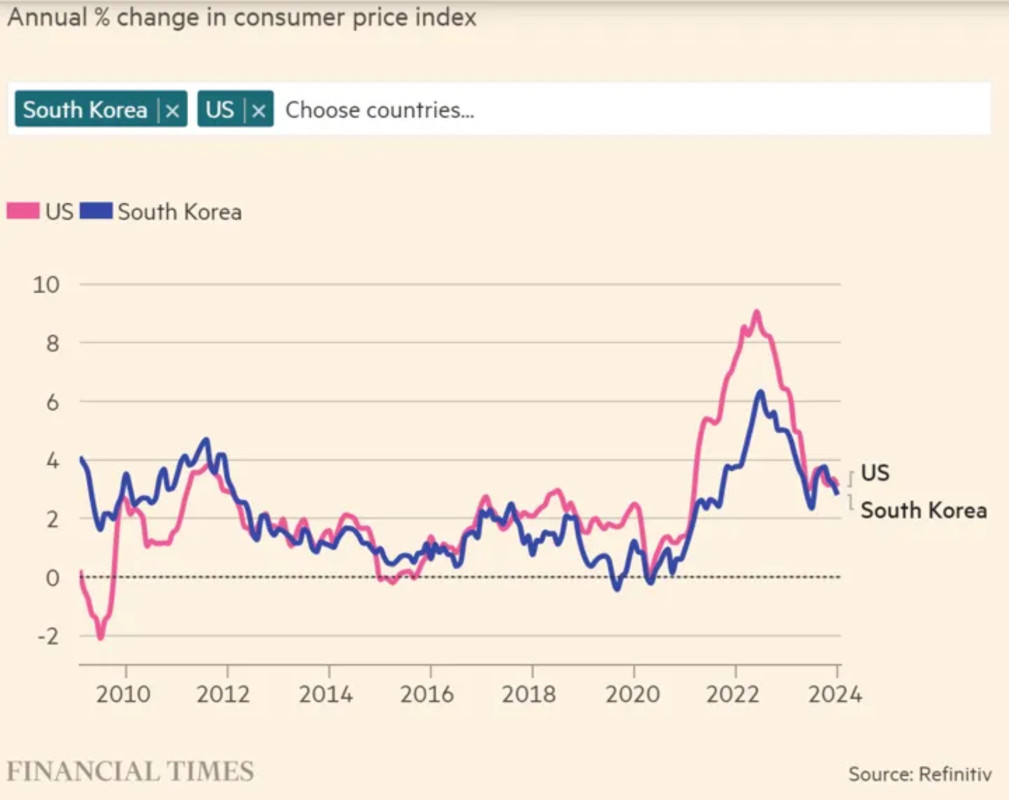
An environment like this does generally rule out one of the most prominent use-cases for Bitcoin adoption worldwide, namely its use as a store-of-value. It seems unlikely that large numbers of South Koreans will seek to maintain significant savings in won, nor are they likely to use it for international remittances. However, South Korea does nevertheless have several distinct advantages as a possible new Bitcoin hub. In 2022, an estimated 4% of South Koreans held various digital assets, although this number was markedly growing. Less than 14% of Americans held any in the same period. In other words, mass adoption has not been a significant barrier to the US status as a worldwide center for Bitcoin, with its vast array of active developers and revolutionary blockchain projects, and it likely won’t present an obstacle for South Korea either. South Korea is a developed economy with a strong tech sector, and its stable inflation will be a necessary requirement for a certified digital asset industry emerging.
There is one crucial point in South Korea’s favor, additionally: as both major parties have pointed out, Bitcoin enjoys enthusiastic popularity among the nation’s youth. Not only has the country with its dense population centers enjoyed a high level of internet connectivity for decades, Millennials have a living memory of a currency crisis in 1997, which led South Korea to turn to bailouts from the IMF. These factors especially have led a growing number of Korean youths to show interest for an alternate economic vision, and Bitcoin has been there to supply that vision. The number of Bitcoiners may be small, but there are several reasons to believe that it could become a fertile ground for future development.
In other words, it’s very possible that the pro-Bitcoin initiatives endorsed by both parties will be able to trigger a real maturation for the young industry. Between the two sets of pledges, it seems at first glance that the DPK’s might prove more useful in this respect: their ETF proposal is not an invitation for the financial establishment to dominate the market, and their upcoming framework is explicitly intended to empower a new domestic industry. Nevertheless, the PPP’s proposal is also encouraging, and its plan to create a regulatory body for crypto can also provide many opportunities.
No matter how you slice it, Bitcoin has been taking the world by storm ever since the US approved the spot ETF, and countries are falling like dominoes to enact similar pro-Bitcoin legislation. South Korea’s close neighbor, Japan, has even considered taking steps to foster their own industry. Regardless of how the nation decides to swing between their two main political options, it’s clear that the decision on Bitcoin has already been made. We can look to a golden new opportunity coming for South Korea, and the knowledge that Bitcoin’s strength may create similar opportunities elsewhere. After all, the way Bitcoin’s been growing, success like this could come anywhere. No matter where you are, it may come to pass that you’re asked to choose between Bitcoin and Bitcoin, and that makes for one sure bet.


